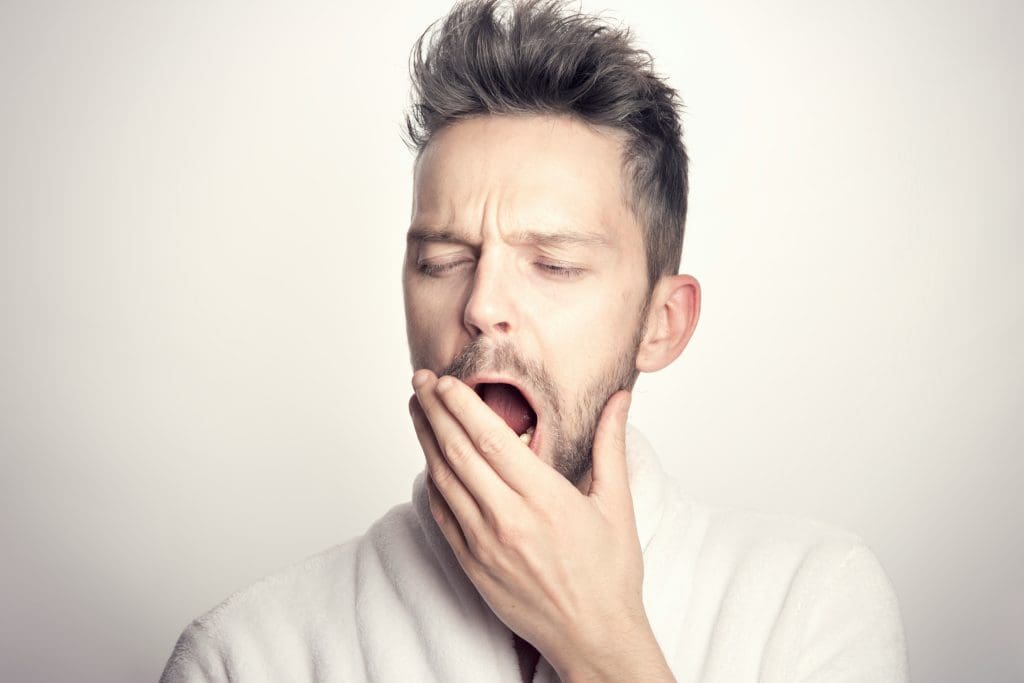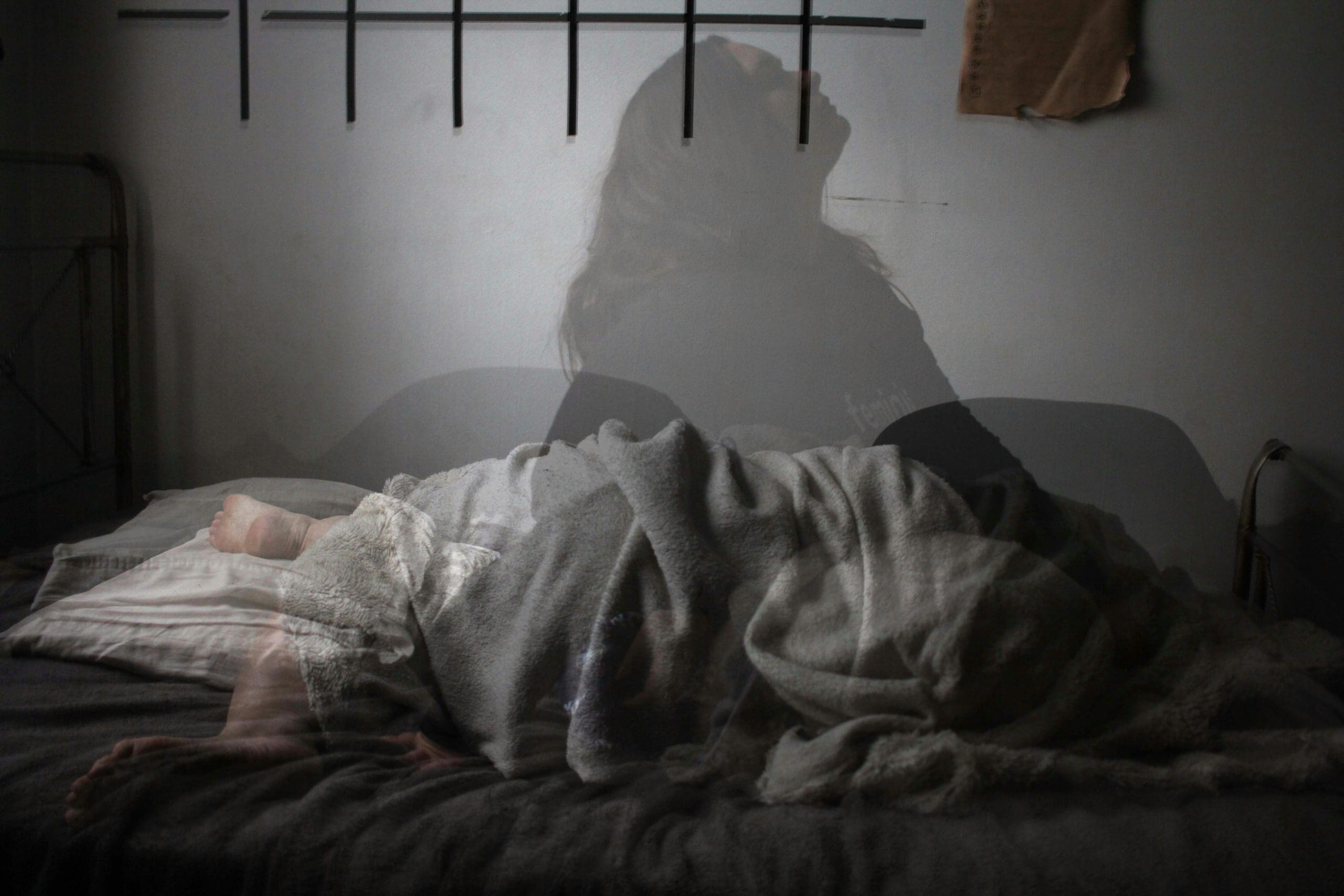Detoxification is a pivotal step on the road to recovery, but it often comes with challenging side effects, one of the most common being insomnia. In this personal account, I share how I managed insomnia during detox and offer practical advice that may help others experiencing similar difficulties.
Quick Summary:
- Understand the Link: Recognize how detox contributes to sleep problems.
- Create a Restful Environment: Optimize your sleeping space.
- Establish a Routine: Regular sleep patterns can enhance sleep quality.
- Use Relaxation Techniques: Learn methods to calm the mind and prepare for sleep.
- Seek Professional Guidance: Don’t hesitate to ask for help when needed.
Personal Experience with Managing Insomnia

Dealing with insomnia and drug detox was one of the toughest parts of my journey to sobriety. It seemed like a cruel joke that at a time when my body needed rest the most, sleep was hardest to come by. However, through trial and error, I discovered several strategies that significantly alleviated my nighttime struggles.
Understanding Insomnia in the Context of Detox
The first step was understanding that insomnia during detox is not just common but expected. Detoxing from substances, especially those that are depressants, disrupts the body’s chemical balance, which can severely impact sleep patterns. Recognizing that this was a normal part of the detox process helped me manage my expectations and stress less about sleeplessness, which ironically, made it easier to sleep.
Creating a Conducive Sleep Environment
I learned that environment plays a crucial role in managing detox insomnia tips. I made my sleeping area a sanctuary for rest: comfortable bedding, blackout curtains, and a cool, quiet atmosphere. Removing distractions like television and smartphones was tough but critical. This not only helped my body understand that this space was for sleep but also reduced the sensory input that kept me awake.
Establishing a Nightly Routine
Consistency became my ally. I established a strict bedtime routine that involved winding down each night at the same time. Dimming the lights, reading a book, and listening to soothing music or white noise helped signal to my body that it was time to shut down. Sticking to this routine even when I couldn’t sleep taught my body to expect rest during these hours, gradually improving my ability to fall and stay asleep.
Utilizing Relaxation Techniques
Mindfulness and relaxation techniques were invaluable in my battle against sleep and withdrawal. Practices like deep breathing exercises, progressive muscle relaxation, and guided imagery became part of my nightly routine. On particularly difficult nights, these practices helped me manage anxiety and the physical discomfort that came with detox, making sleep more accessible.
Professional Help and Support
Perhaps one of the most crucial steps I took was acknowledging when I needed professional help. Sleep medications were an option, but I was cautious about replacing one dependency with another. Instead, I opted for consultations with a sleep specialist and my addiction counselor to find non-pharmacological strategies to improve my sleep. This professional guidance was indispensable.
Regular Physical Activity
Incorporating regular, moderate exercise into my daily routine proved to be a game-changer. Physical activity, particularly in the morning or early afternoon, helped regulate my body’s endorphins and improve my mood and physical tiredness by evening, making it easier to fall asleep.
Nutritional Adjustments
Adjusting my diet also played a role in how well I slept during detox. I avoided caffeine and heavy meals close to bedtime, and I incorporated foods known to promote sleep, like bananas, almonds, and honey. These small changes contributed to greater overall comfort at night.
Mindset and Patience
Maintaining a positive mindset and patience was perhaps the hardest part of dealing with insomnia during detox. Some nights were better than others, and I had to continually remind myself that progress might be slow but with consistent effort, improvement was possible.
Call to Action
If you’re struggling with insomnia during detox, remember, you’re not alone. Many have walked this path and found ways to improve their sleep without compromising their recovery. At Comfort Recovery, we understand the challenges that come with detox and recovery, including sleep disturbances. Our team is equipped to help you manage these symptoms effectively. Don’t hesitate to reach out for support. Contact us at 866-996-8936 to learn more about how we can help you on your journey to recovery. Let us help you find the rest you need to heal fully.








